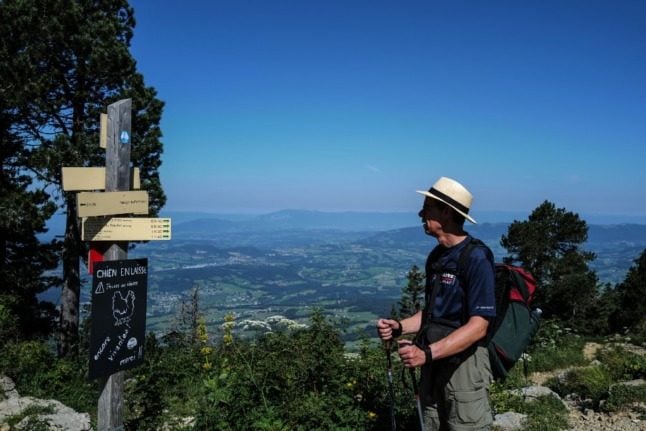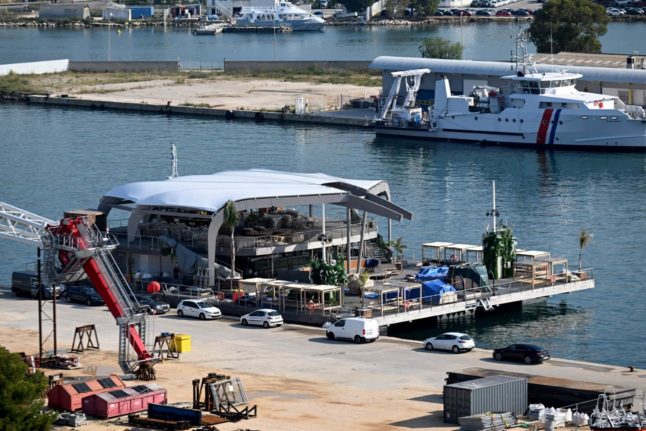Tourists staying in French Airbnb properties between November 1st 2020 and October 31st 2021 paid just under €93million in taxes de séjour – or tourism taxes. This is a huge rise on the €58million it collected in 2019, before the pandemic.
The holiday rentals giant is obliged to forward these payments on to the French state. The money will go into the coffers of some 29,000 communes across the country.
Unsurprisingly, Paris will take the lion’s share of the tourist tax – payable by visitors for every night they stay in a hotel, B&B, campsite or other furnished tourist accommodation.
The capital’s City Hall is expected to be boosted by €9.4 million tourist tax windfall from Airbnb. This will be less than the capital received in 2019, when the property rental portal alone paid it a handsome €15.3 million.
Marseille, meanwhile, is set for a €1.9 million taxe de séjour bonus this year.
READ MORE What are the rules on renting out French property on Airbnb?
Airbnb began automatically collecting the taxe de séjour when guests made a booking in 2015 in Paris and the Alpine resort of Chamonix, and then extended the measure to 19 French towns and cities in 2016. Today it collects the tourist tax for communes across the country.
This year, nearly one-third of the total payment – some €27 million – will be shared between towns and villages with fewer than 3,500 inhabitants, up from €10.5 million in 2019, and well ahead of the €3.2 million that small-town France received in 2018.
The increase in payments to smaller, rural towns, according to Airbnb, is because French people sought to escape the big cities in search of space and peace after the lockdowns.
“Larger French cities suffered from a lack of international tourists even if they began to return in the second part of the year, especially the Americans,” Emmanuel Marill, CEO of Airbnb France, explained.
People were inclined to book longer stays, Marill added, in more expensive accommodation. This added to the sums collected in tax – and, while the return of European travellers has helped the taxe de sejours’ bottom line, the fact domestic tourists have tended to stay in France has meant that more money is being spent in internally.



 Please whitelist us to continue reading.
Please whitelist us to continue reading.
Member comments